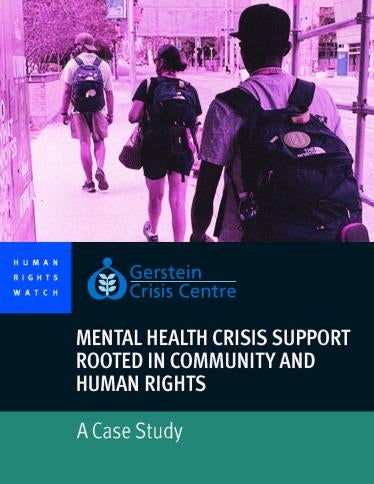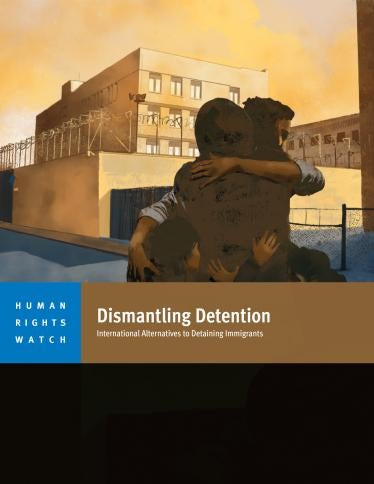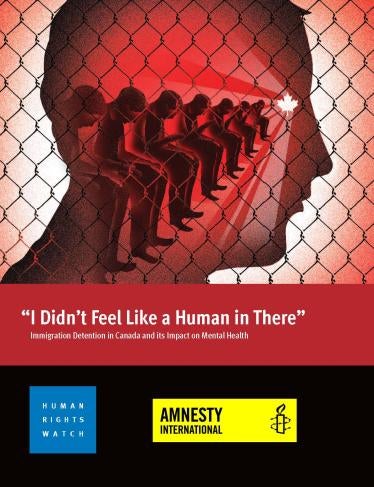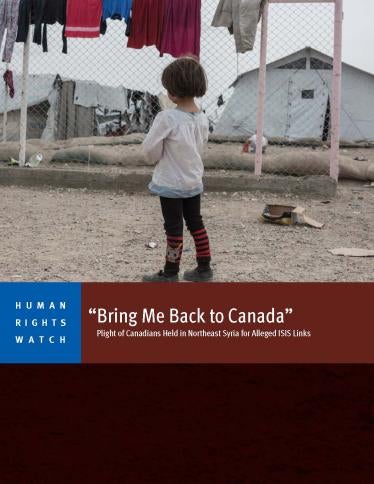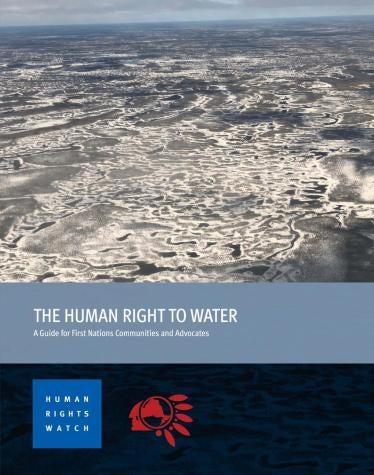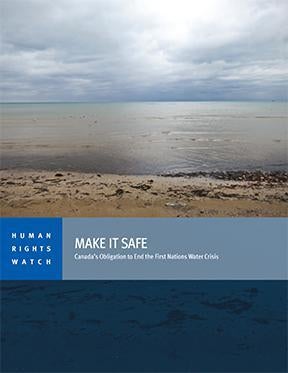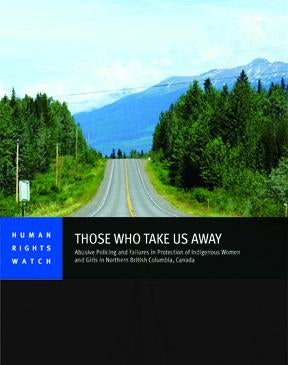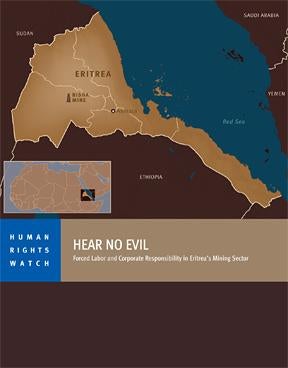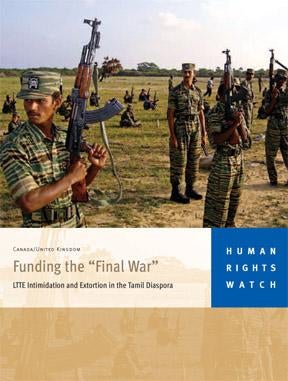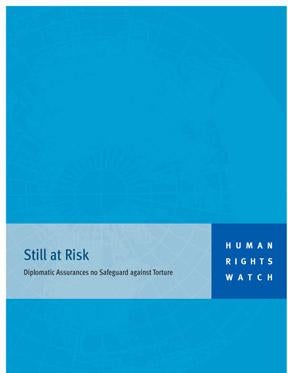“It Felt Like Everything in Life Stopped”
Legal Capacity Rights Violations Against People with Disabilities in Canada’s Immigration Detention System
The 40-page report, “‘It Felt Like Everything in Life Stopped’: Legal Capacity Rights Violations Against People with Disabilities in Canada’s Immigration Detention System,” documents how the country’s use of designated representatives undermines the rights of immigration detainees with disabilities to make their own decisions, often with life-altering or even life-endangering consequences. Designated representatives are appointed by the Immigration and Refugee Board when it deems that a detained person is “unable to appreciate the nature of the proceedings.”


